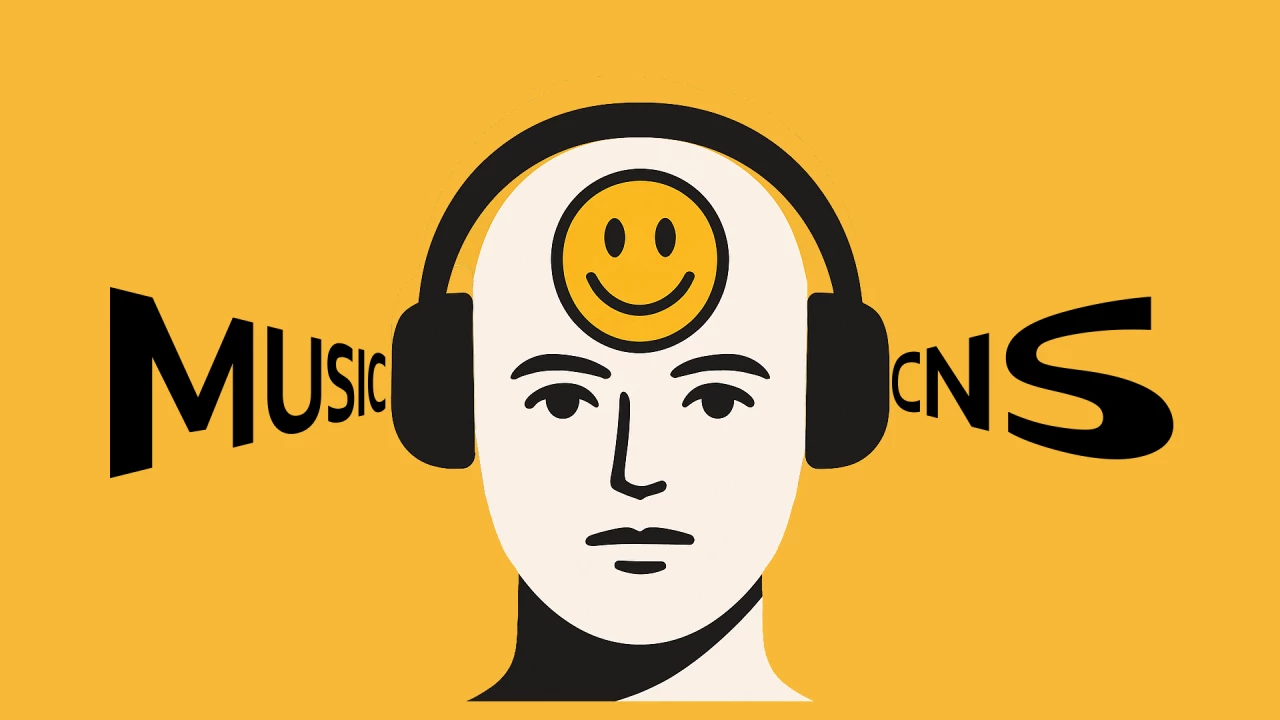Why Does Music Affect Us So Deeply?
Everyone has noticed it: just play a favorite song, and your mood instantly shifts. Music can lift your spirits, sharpen your focus, relax you, or even bring tears. This is no coincidence. Sounds directly influence the central nervous system (CNS) through the auditory pathway.
How Sounds Influence the CNS
Auditory system as a gateway
Sound waves enter the ear and are converted in the cochlea into electrical signals.
These signals travel to the auditory cortex of the brain.
Activation of emotional centers
Through the auditory system, signals reach the limbic system—the centers of emotion and memory.
Dopamine-related structures, responsible for pleasure and motivation, are particularly engaged.
Regulation of physiological processes
Music can alter heart rate, breathing, and cortisol (the stress hormone).
Certain rhythms synchronize brain activity (entrainment effect).
Favorite Music and Mood
Research shows that:
Listening to favorite tracks activates the brain’s pleasure centers, just like tasty food or social interaction.
It helps cope with stress faster and improves overall emotional wellbeing.
Music evokes memories and associations, amplifying its impact.
Listening to favorite songs is, in fact, a natural way to regulate mood and CNS activity.
The Role of Sound Quality
How we hear music matters:
Clarity and detail amplify emotional impact; distortion reduces it.
Wide dynamic range (quiet and loud nuances) deepens the listening experience.
Stereo effect creates immersion in sound.
High-quality audio isn’t just “pleasant for the ears”—it significantly strengthens music’s effect on the nervous system.
Research Highlights
Salimpoor et al. (2011): listening to favorite music triggers dopamine release, similar to food or social rewards.
Koelsch (2014): music influences the limbic system and regulates emotions.
Chanda & Levitin (2013): music lowers cortisol, boosting stress resilience.
Everyday Benefits
Music can:
improve mood,
reduce stress,
enhance focus for work or study,
deepen meditation and rest.
No pills, no willpower, no long training—just press Play.
BrainPatch® e-Meditation®: Where Music Meets Neurotechnology
BrainPatch® e-Meditation® combines music with advanced neurostimulation:
High-quality audio with an AB-class amplifier for clear, natural sound.
Integration of music with GVS + taVNS stimulation for enhanced relaxation and focus.
Familiar wireless headphone format—but scientifically designed to activate the CNS.
With BrainPatch® e-Meditation®, music becomes more than entertainment—it transforms into a tool for wellbeing, focus, and inner harmony.
